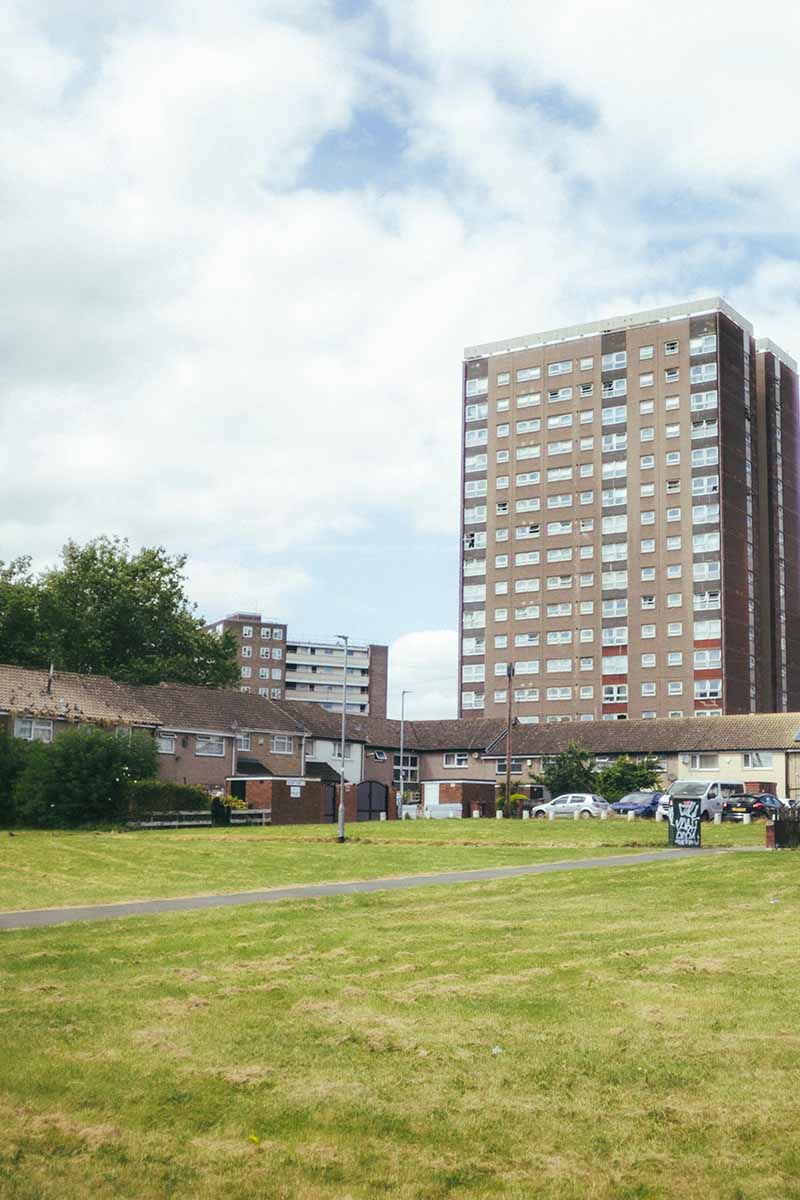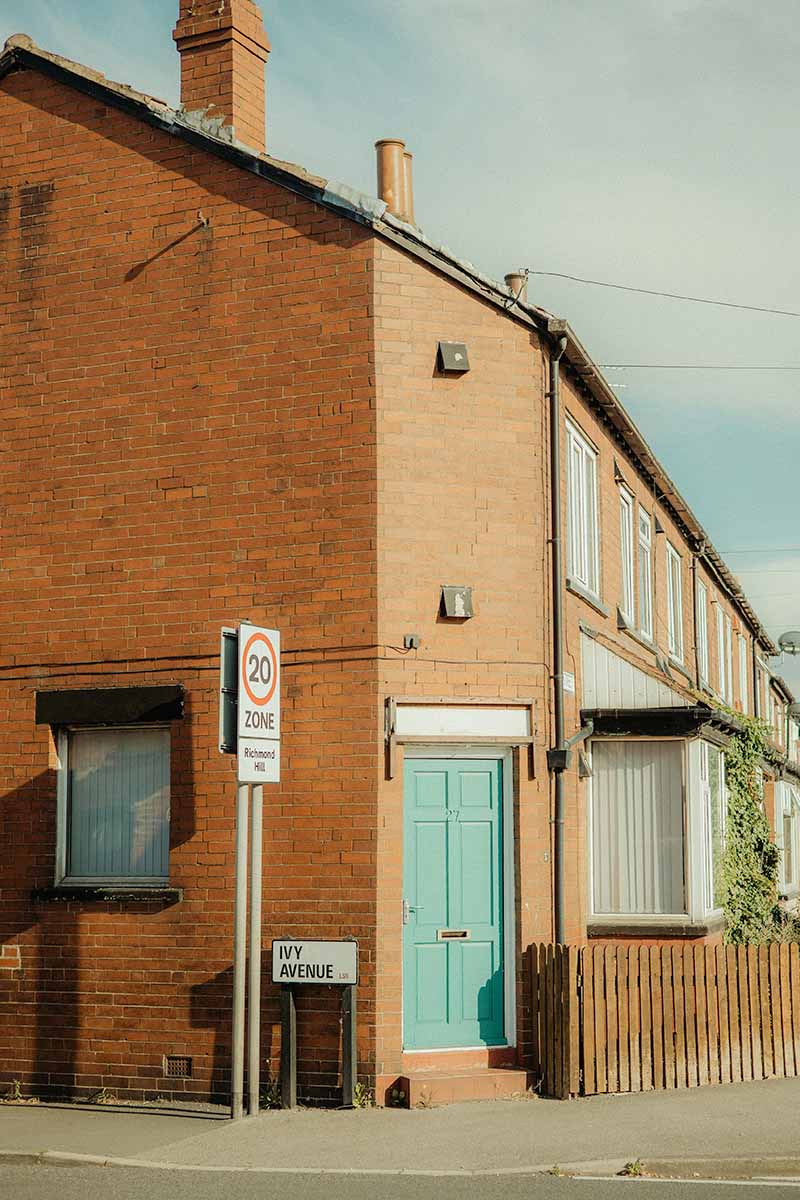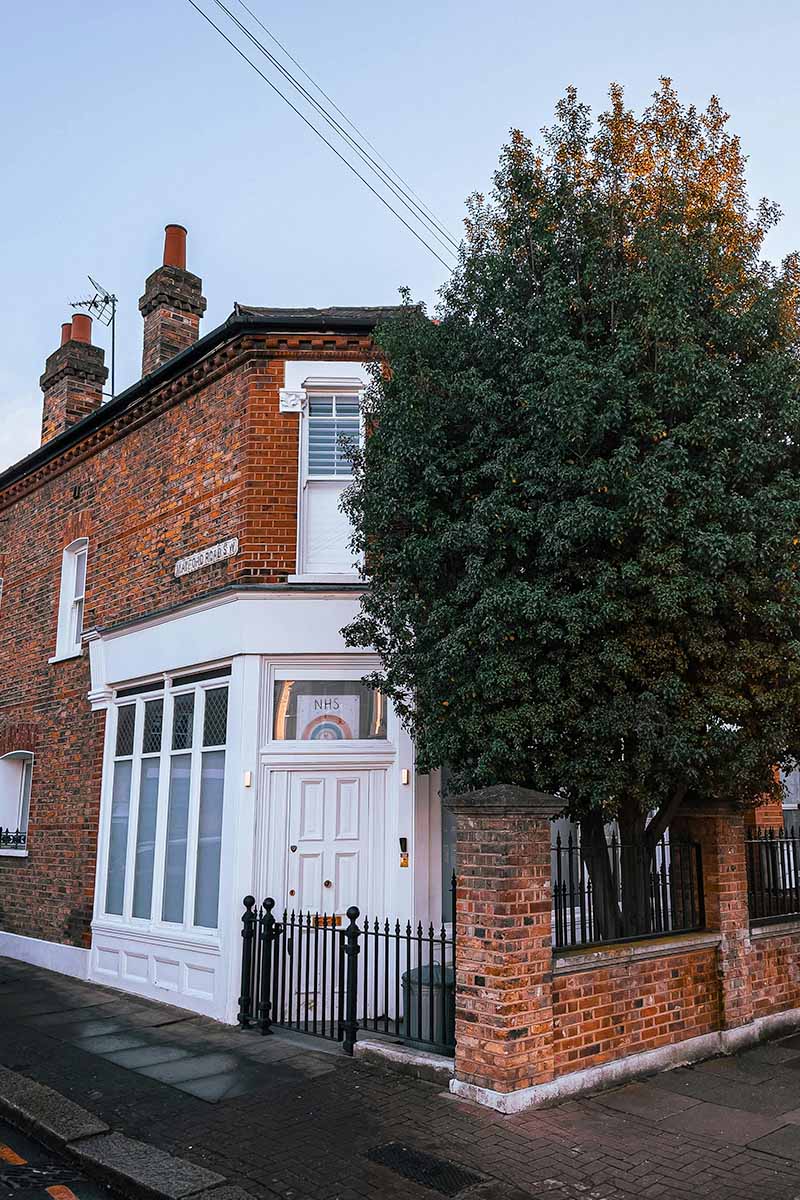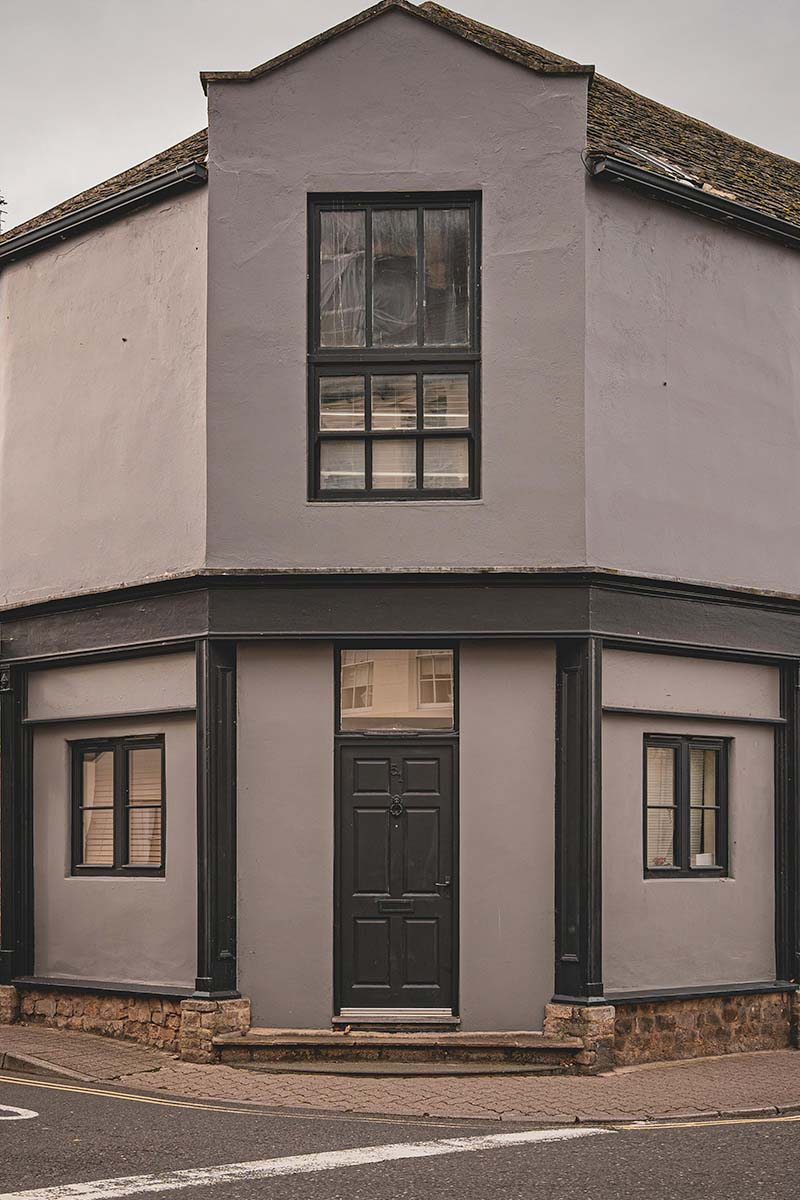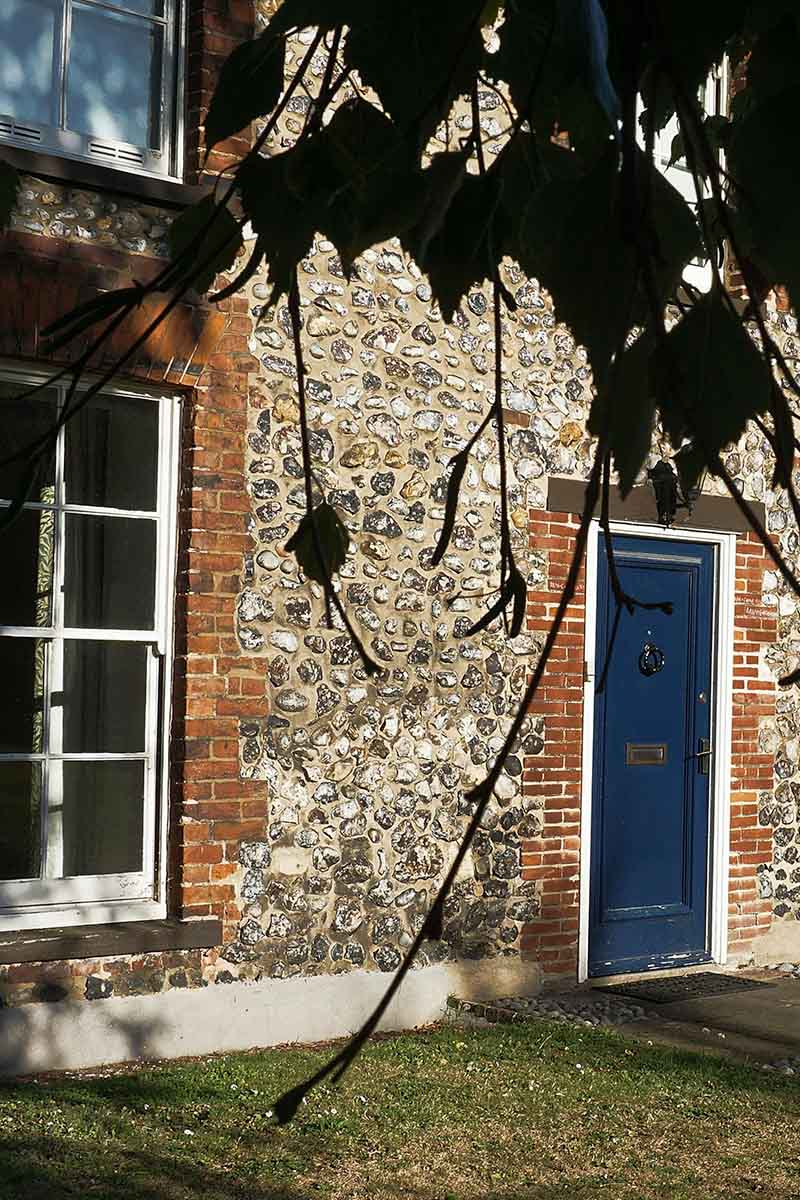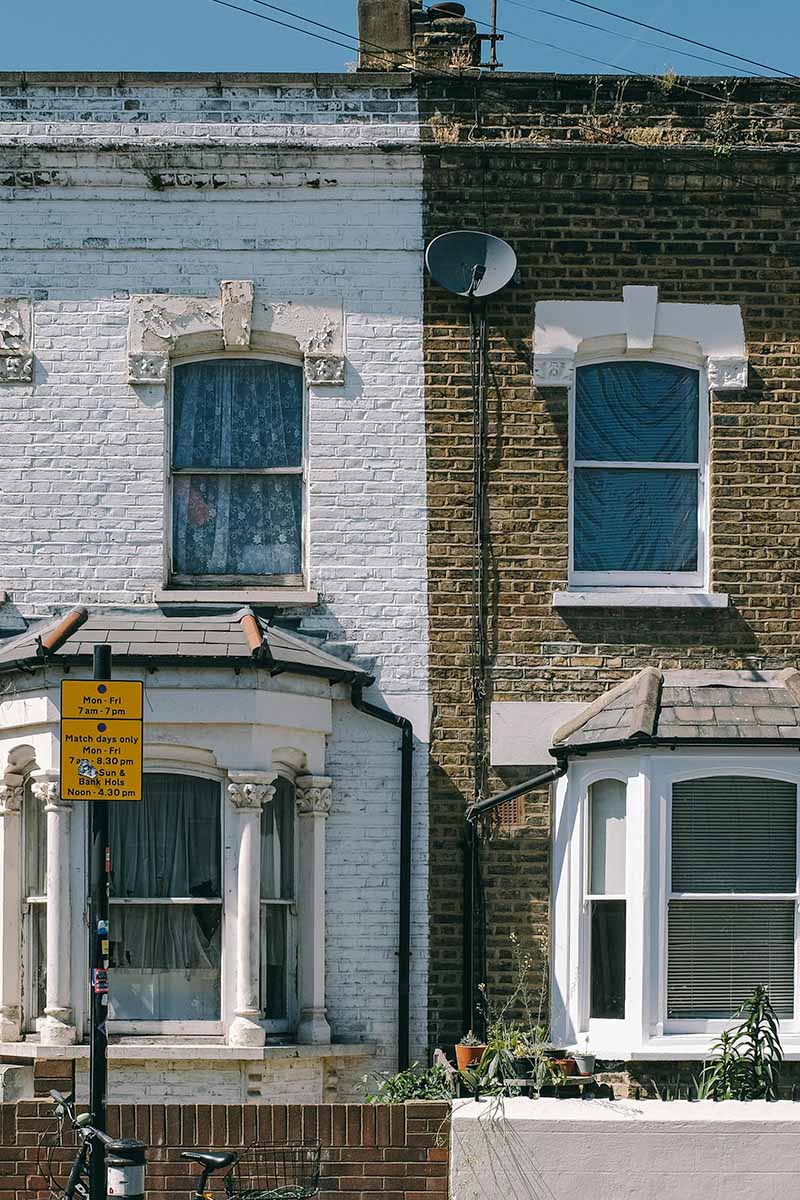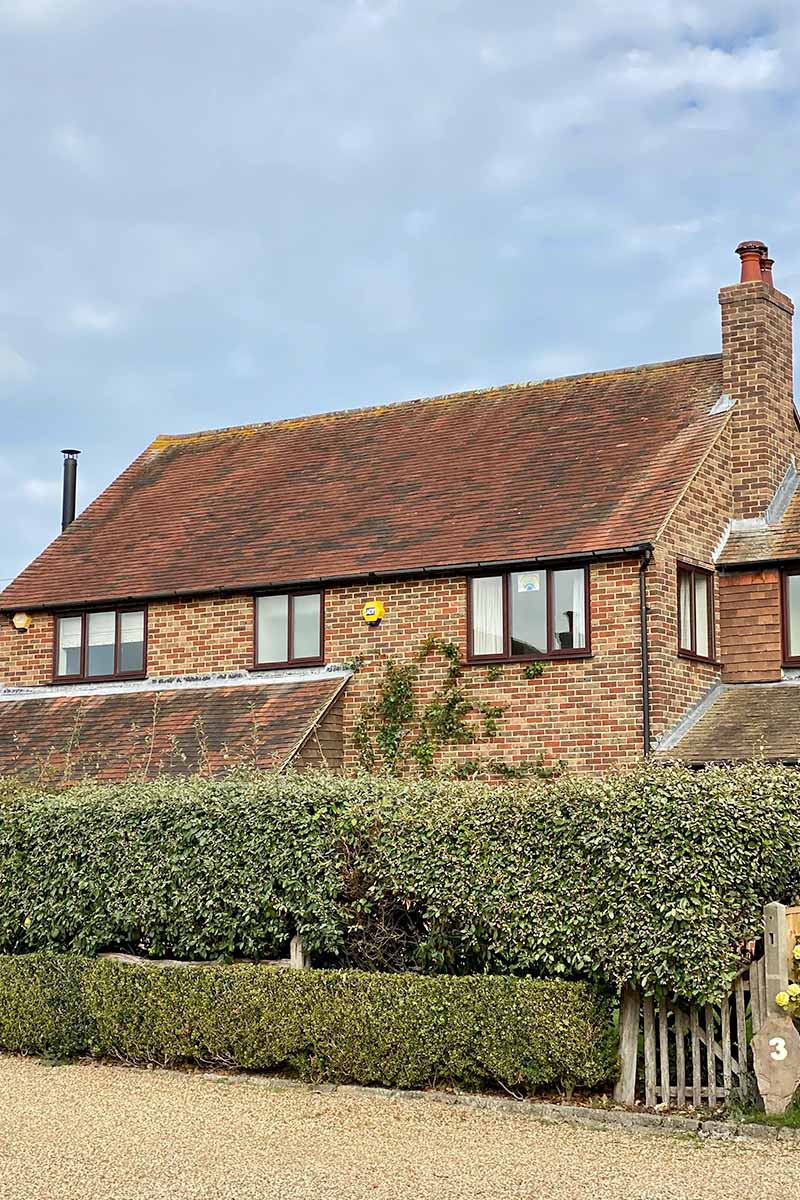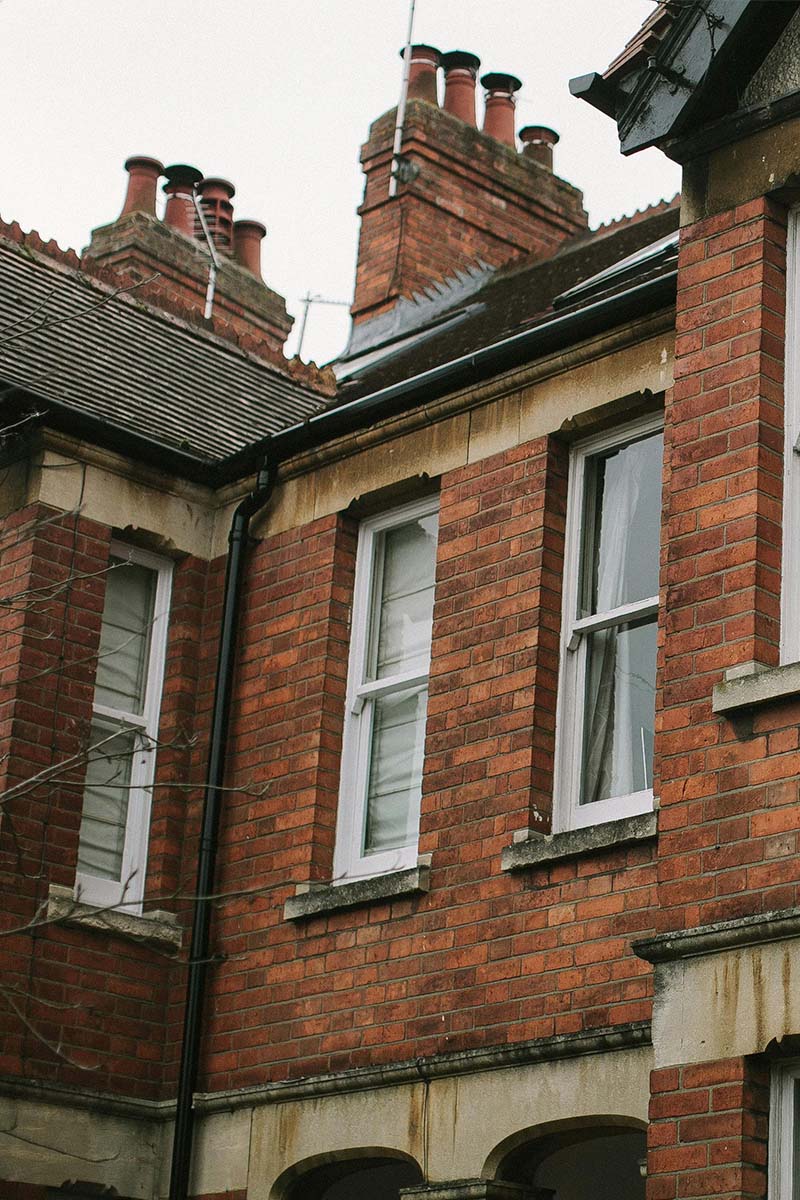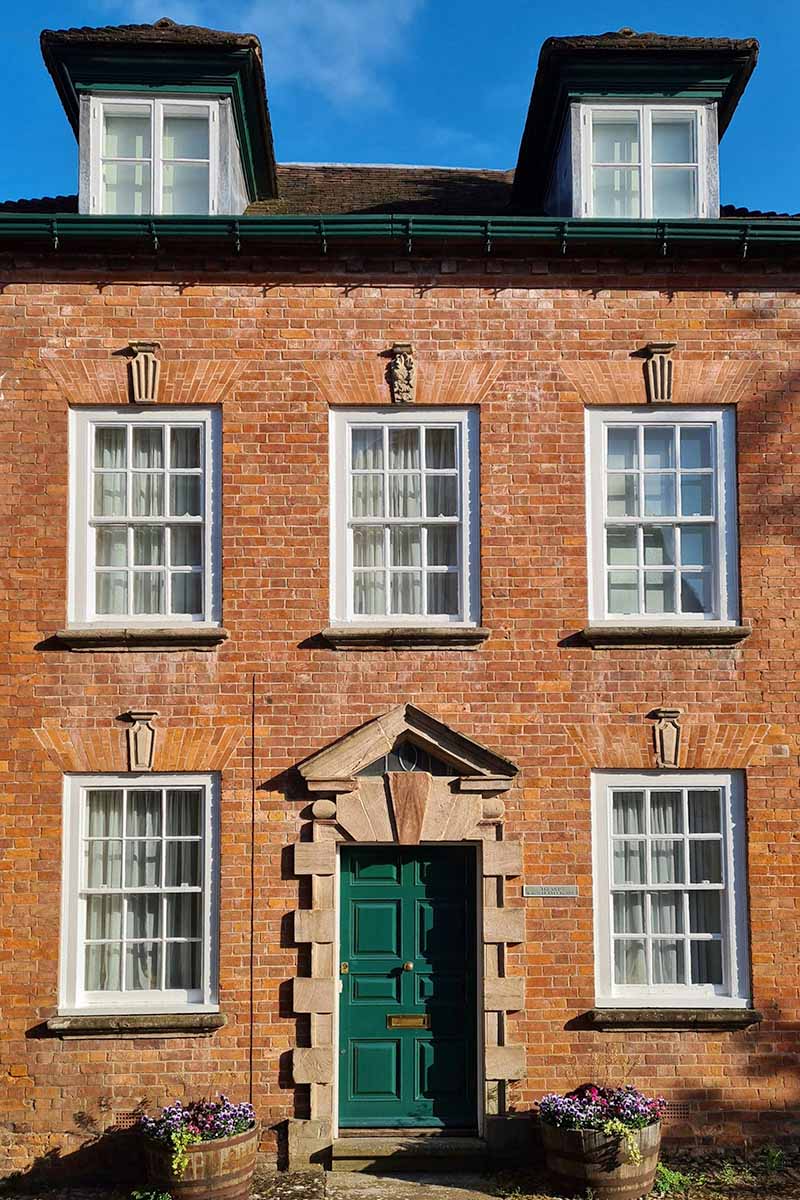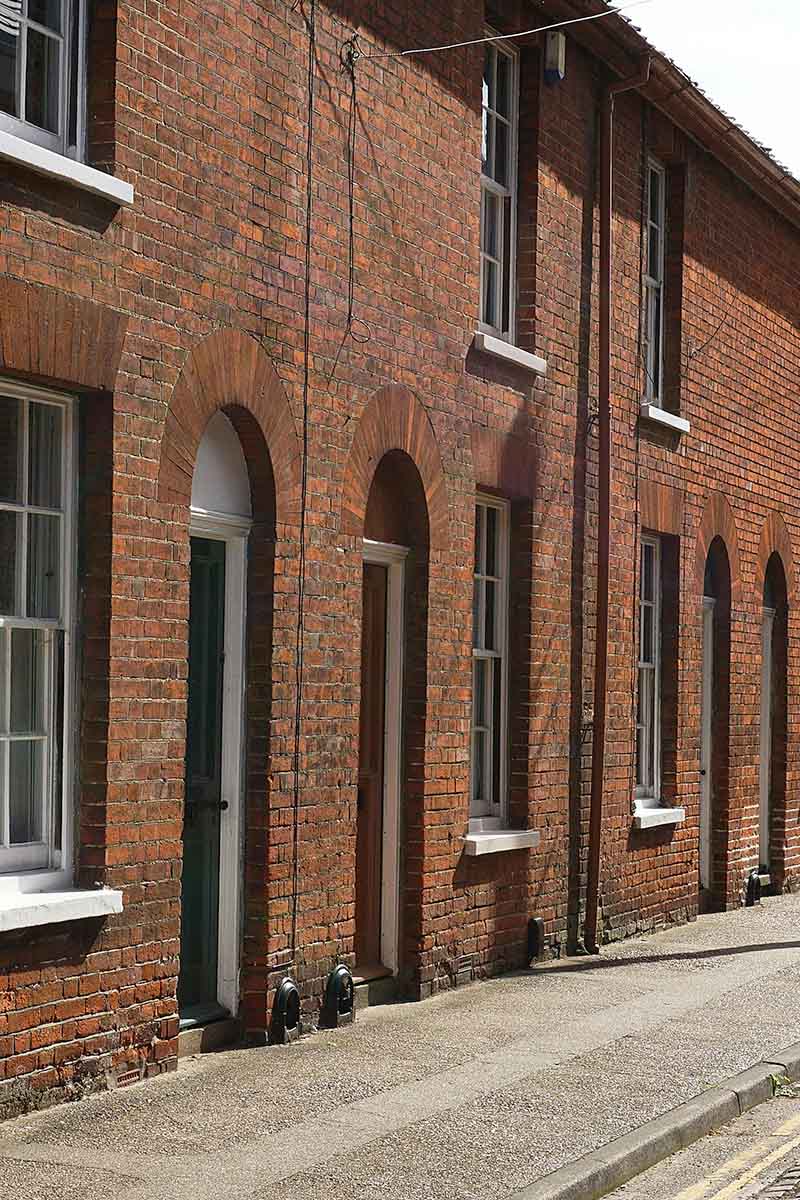What is property part exchange?
Property part exchange (often called “PX”) is a scheme offered by developers where you sell your current home directly to them as part-payment for a new build. Instead of listing on the open market and waiting for buyers, the developer becomes your guaranteed purchaser. The value of your old home is deducted from the price of your new property, turning two transactions into one streamlined move. For many homeowners, PX provides a way to escape chains, avoid agent fees, and move into a new home more quickly. But there are also trade-offs, particularly around price and eligibility.
Property part exchange streamlines moving into a new build by guaranteeing a buyer for your current home.
- How it works: You trade in your home; the developer buys it and deducts its value from your new property’s price.
- Eligibility: Your property must usually be worth 65–80% of the new home’s price and in reasonable, saleable condition.
- Benefits: No estate agent fees, no chain risk, faster move, guaranteed buyer.
- Drawbacks: Offers are often 5–10% below market value; PX only applies to new builds.
- Costs: Stamp Duty, solicitor fees, deposits, reservation fee, and potential certifications.
- Alternatives: Open market, auction, or a professional cash buyer like Habello.

How does property part exchange work?
The PX process is designed to feel simple compared to a traditional sale, but each step matters:
- Choose a new build from a developer offering PX on that site.
- Valuations arranged – the developer commissions two or three independent estate agents to assess your home’s market value.
- Offer made – based on these valuations, the developer makes you a formal PX offer.
- Deduction applied – the value of your current home is deducted from the price of the new build.
- Completion – you continue living in your current property until completion day, then move straight into your new home.
Because the developer is the buyer, there’s no open-market waiting game, no chain to collapse behind you, and no estate agent fees.
Eligibility rules: who qualifies?
Not every property or homeowner will qualify for PX. Developers use strict criteria to manage their risk:
- Homeowner status – you must already own your property. First-time buyers cannot use PX.
- Value ratio – your current home usually needs to be worth 65–80% of the new build’s value. If it’s worth too little, PX may be refused.
- Condition – homes with serious defects (structural issues, damp, subsidence) or poor resale prospects may be excluded.
- Leaseholds – flats typically require 80+ years left on the lease. Short leases, high ground rents, or complex service charges reduce eligibility.
- Construction type – non-standard builds (timber frame, prefab, concrete) are less attractive to developers.
- Location – remote or low-demand areas may be refused if resale would be difficult.
Example scenario: Mark and Helen applied for PX on their London flat. Although the flat was well-presented, it only had 72 years left on the lease. The developer declined the PX, highlighting the importance of lease length in eligibility.
Costs to budget for
Part exchange eliminates estate agent commission, but other costs still apply. Sellers often underestimate this.
Typical PX costs:
- Stamp Duty Land Tax (SDLT) – payable on the new build’s price, unless exempt.
- Solicitor or conveyancer fees – typically £1,000–£1,500.
- Reservation fee – £500–£1,000 to secure your chosen plot.
- Deposit – usually 10% of the balance between your PX value and the new build price.
- Certifications – EPC (£60–£120), plus boiler/gas checks if requested.
- Previous estate agent fees – if you already instructed an agent, you may still owe them depending on your contract.
- Discounted offer – expect 5–10% less than full open-market value.
Example:
- Old home market value: £250,000
- Developer’s PX offer: £230,000 (8% under market)
- New build price: £350,000
- Balance due: £120,000
- Deposit required: £12,000 (10% of balance)
- Reservation fee: £1,000
- Solicitor fees: £1,200
- Stamp Duty: £7,500 (if above threshold)
- Saving: No estate agent fee (~£3,750 at 1.5% commission).
This example shows the trade-off: you sacrifice some equity but gain speed, certainty, and simplicity.
Costs breakdown: worked £250,000 example
*Illustrative based on typical discounts. Actual results vary by property, location, and demand.
Benefits of property part exchange
Part exchange is designed for convenience and certainty. Common benefits include:
- Guaranteed sale – avoids last-minute collapse.
- No estate agent fees – saving thousands.
- Speed – often 4–8 weeks from agreement to move-in.
- No chain stress – developers buy regardless of your buyer’s situation.
- Stay until completion – no need for temporary housing.
Example scenario: Lisa in Manchester accepted a PX offer 7% below her market valuation but moved into her new home in just five weeks, avoiding two collapsed chains. She valued certainty over maximising price.
Risks and drawbacks
While PX has strong benefits, it’s not for everyone. Risks include:
- Below market offers – typically 5–10% below open-market value.
- New build premium – new homes may fall in value after purchase, especially if bought at peak market prices.
- Limited to new builds – PX only applies when buying from developers.
- Strict criteria – lease lengths, condition, and location matter.
- Less negotiation power – developers rarely discount new build prices when PX is part of the deal.
- Exclusivity clauses – some developers require you to stop marketing elsewhere once PX is agreed.
Save time and hassle by selling your home with us
Get a guaranteed cash offer on any property in England and Wales. All you need to do to get started is enter your address below.
Case study: David’s chain-free move
David wanted to upsize into a £400,000 new build. His £280,000 terraced house struggled to sell after three buyers pulled out. The developer offered £260,000 through PX.
- He lost £20,000 compared with open market.
- But saved £4,200 in estate agent fees.
- Moved within 6 weeks, avoided three collapsed chains, and secured his dream home.
For David, PX provided certainty and speed he couldn’t get on the open market.
Comparison: part exchange vs other routes
Regional and legal context
- England & Wales – PX operates under standard property law; sales are binding on exchange of contracts.
- Scotland – PX is rarer due to “conclusion of missives” binding contracts earlier. Some developers still offer it, but fewer opportunities exist.
- Leasehold properties – extra costs for freeholder packs, and developers may exclude short leases (<80 years).
Questions to ask a developer before agreeing PX
- What valuation process is used and can I see the reports?
- How much below market value is your offer likely to be?
- What costs will I still need to cover (reservation, legal, Stamp Duty)?
- Do you follow the Consumer Code for New Homes?
- How quickly can contracts be exchanged?
- Can I negotiate extras (e.g. carpets, white goods) as part of the deal?
FAQs
Can I part exchange with Help to Buy?
No. Most schemes exclude combining PX with Help to Buy or shared ownership.
Do developers negotiate part exchange offers?
Sometimes. If sales are slow, they may increase offers or throw in extras.
Do you get less for your house with PX?
Yes — usually 5–10% below open market. The trade-off is certainty and speed.
Can I part exchange a leasehold flat?
Yes, but usually only if the lease has 80+ years left and ground rent is reasonable.
What if I’ve already instructed an estate agent?
You may still owe fees depending on your contract (“ready, willing, and able” clauses). Always check before signing a PX deal.
Do I still need a solicitor if I use PX?
Yes — developers require you to have independent legal representation.
Do I still need a deposit with PX?
Yes. Your old home reduces the balance, but you’ll usually pay a 10% deposit on the difference.
Can I PX if I’m downsizing?
Sometimes, but many schemes are geared towards upsizing (where the developer sells you a higher-value property).
Do all developers offer PX?
No. Only certain housebuilders run PX schemes. Always check availability on the development you’re interested in.
Recap: what is property part exchange?
Property part exchange lets you trade in your current home when buying a new build, bypassing the uncertainty of open-market sales. While you may receive slightly less than full market value, you gain speed, certainty, and simplicity — often moving within weeks rather than months.
Sell with Habello
If you don’t qualify for PX or prefer a direct sale, Habello can help:
- Guaranteed cash offer in 48–72 hours.
- Flexible completion timeline.
- Fair valuation with no estate agent fees.
- Legal fees covered when using partner solicitors.
Before committing to part exchange, request a no-obligation offer from Habello to compare your options.
Property owners are choosing Habello for a faster, easier and less stressful way to sell
Sell your home quickly for cash by accepting an offer just below market value. See how we compare to your other options by using the calculator below.
Related guides
Bring yourself up to speed with our property guides.





